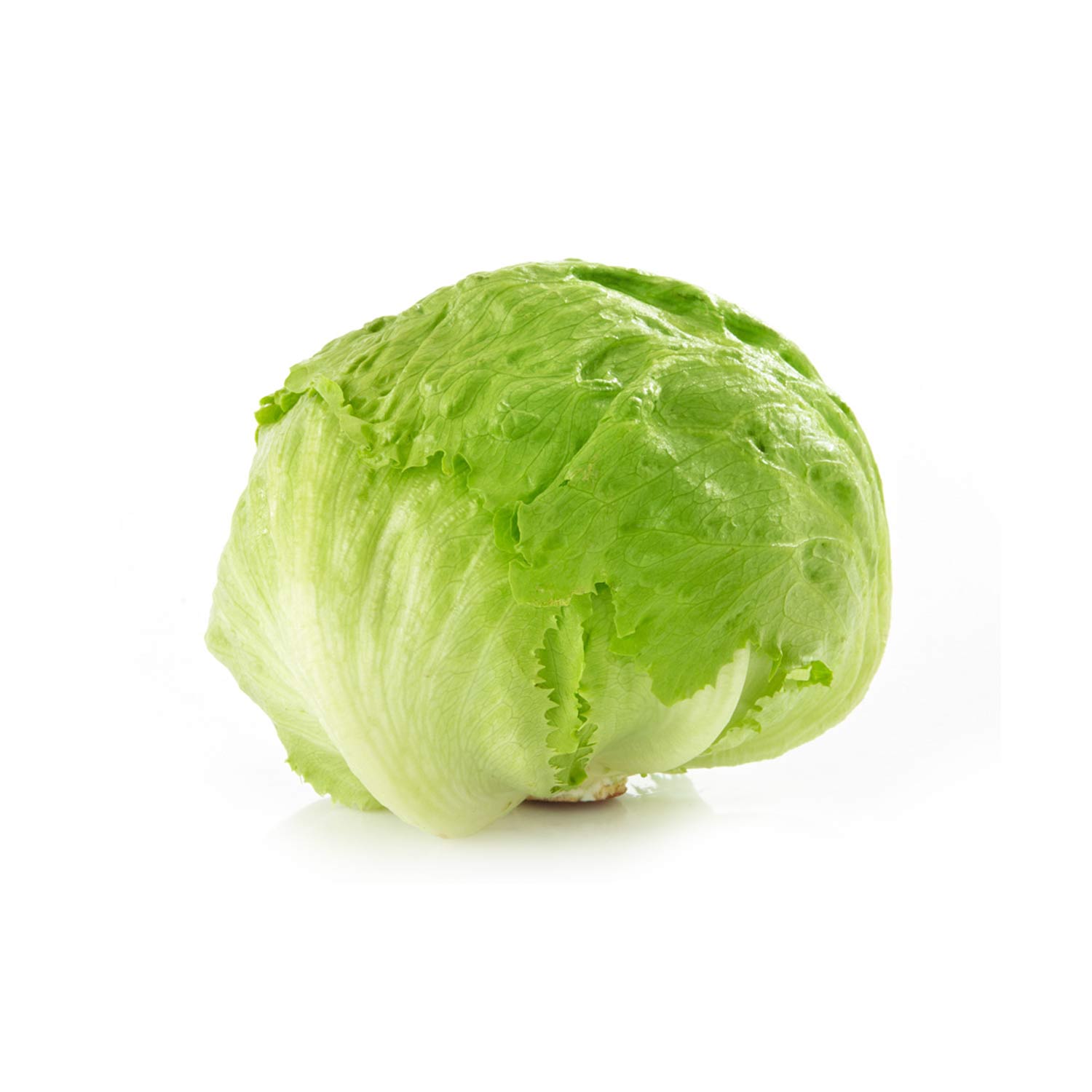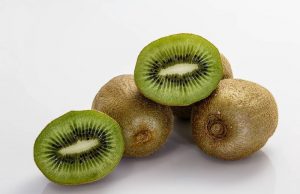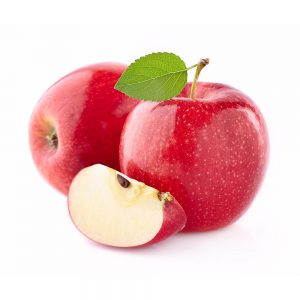Is Cabbage the Same as Lettuce? And Is It Even a Vegetable?
We are going to answer these questions, share a tasty cabbage recipe, and provide some insights about the cabbage diet. In addition, we’ll give you a brief look at its nutrition profile.
We export green cabbage, fresh lettuce, garlic, and lemon to different global markets. Furthermore, we are committed to delivering fresh, high-quality produce year-round.
Is Cabbage a Vegetable?
Cabbage belongs to the brassica family, which also includes cauliflower, broccoli, and kale. Therefore, it is classified as a vegetable.Are cabbage and lettuce the same ? Is it a vegetable? cabbage recipe
Are Cabbage and Lettuce the Same?
While cabbage and certain types of lettuce may appear similar, they are not the same vegetable. In fact, they differ in nutritional values, taste, texture, and culinary uses. Additionally, lettuce is often served raw in salads, whereas cabbage is widely used both raw and cooked in dishes across the world.Are cabbage and lettuce the same ? Is it a vegetable? cabbage recipe


Origin of Cabbage
If you’re curious about its origin, cabbage comes from the Brassicaceae family—also known as crucifers or the mustard family. Historically, it has been cultivated for thousands of years in Europe and Asia, making it one of the oldest known leafy vegetables.
Is Cabbage Good for Diabetes?
Broccoli, spinach, and cabbage are three vegetables that can be beneficial for people with diabetes because they are low in starch. Consequently, they help maintain healthy blood sugar levels when eaten regularly.
The Cabbage Diet
The so-called cabbage diet doesn’t mean eating cabbage soup exclusively. Rather, the main component is cabbage soup, but you can also have fruit, vegetables, and even meat on designated days. However, nutritionists recommend that this diet should not last more than a week due to its restrictive nature.
Cabbage Recipe – Sautéed Lemon Garlic Cabbage
Ingredients:
1 kg white cabbage, shredded
1½ tbsp extra-virgin olive oil
1 tbsp garlic, minced
Pinch crushed red pepper flakes
½ tsp fine sea salt (or more to taste)
Half a lemon, cut into wedges
Directions:
Heat olive oil in a large skillet or Dutch oven over medium-high heat. Add cabbage, garlic, red pepper flakes, and salt. Although it might seem like too much cabbage, it will shrink as it cooks.
Stir occasionally until the cabbage is tender and lightly browned, about 10–15 minutes.Are cabbage and lettuce the same ? Is it a vegetable? cabbage recipe
Squeeze juice from the lemon wedges over the cabbage. Then, adjust seasoning with more salt, pepper, or lemon juice as desired.
Cabbage Nutrition Facts (per 100 g)
| Nutrients | Quantity | %DV | Minerals | Quantity | %DV |
|---|---|---|---|---|---|
| Energy | 25 kcal | – | Calcium | 40 mg | 3% |
| Carbohydrates | 5.8 g | – | Copper | 0.019 mg | 2% |
| Dietary Fiber | 2.5 g | – | Iron | 0.47 mg | 3% |
| Fat | 0.1 g | – | Magnesium | 12 mg | 3% |
| Protein | 1.3 g | – | Manganese | 0.160 mg | 7% |
| Vitamin A | 98 IU | 2% | Potassium | 170 mg | 4% |
| Vitamin B6 | 0.124 mg | 10% | Sodium | 18 mg | 1% |
| Vitamin C | 36.6 mg | 41% | Zinc | 0.18 mg | 2% |
| Vitamin E | 0.15 μg | 1% | – | – | – |
| Vitamin K | 76 μg | 63% | – | – | – |
| Water | 92.18 g | – | – | – | – |








